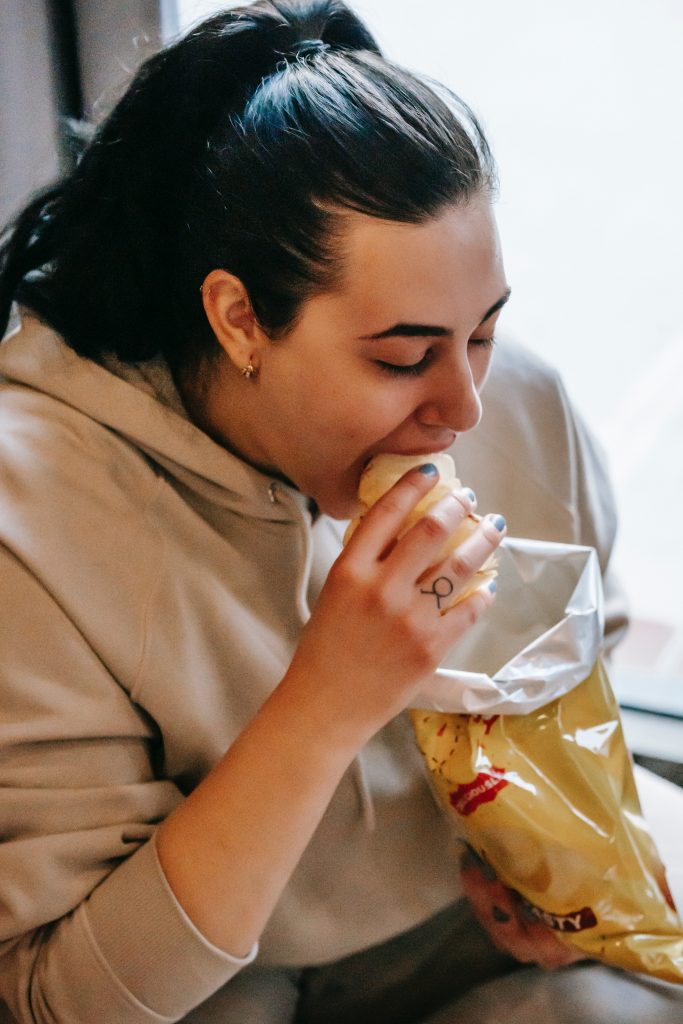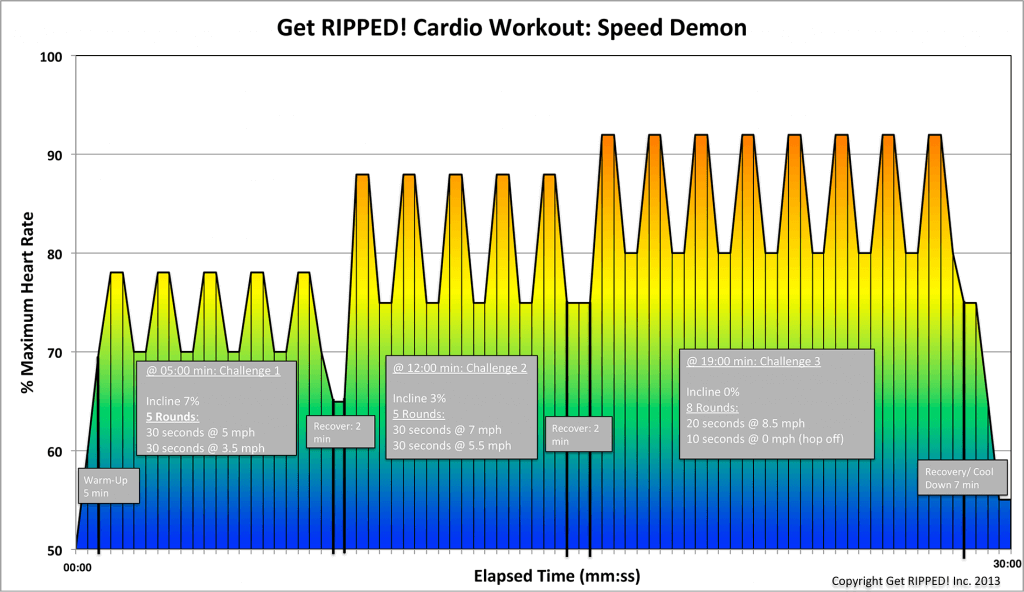Blog
Tips To Stop Overeating
 Both Canada and the US are nations obsessed with super-sizing and all you can eat buffets. The leading cause of preventable deaths is obesity. In fact hundreds of millions are spent every year for medical conditions like heart disease, type 2 diabetes and stroke that’s caused or exacerbated by obesity. Part of the problem is the type of food we eat, but overeating also plays a big role. In fact, most people will find that if they simply eat until they’re full and not beyond, weight loss is easier. Here are some tips to stop overeating and help you lose weight.
Both Canada and the US are nations obsessed with super-sizing and all you can eat buffets. The leading cause of preventable deaths is obesity. In fact hundreds of millions are spent every year for medical conditions like heart disease, type 2 diabetes and stroke that’s caused or exacerbated by obesity. Part of the problem is the type of food we eat, but overeating also plays a big role. In fact, most people will find that if they simply eat until they’re full and not beyond, weight loss is easier. Here are some tips to stop overeating and help you lose weight.
Eat slower and savor every bite.
If you sit down to a meal and eat like it’s an Olympic race and the first person that finishes wins the gold, you probably have a weight problem, especially if you’re eating family style or at a buffet. When you eat, two hormones come into play, the hunger hormone—ghrelin and the satiety hormone—-leptin. When you’re hungry, ghrelin is doing its job. When your stomach is full, it sends a message to the brain to create leptin and make you realize you’re full. That takes a little time for that message to be received and by slowing down, you’re giving your brain a chance to react.
You don’t have to eat everything on your plate, but you do have to judge portion size.
If you’re a member of the plate cleaner’s club, you may be overweight. That’s especially true if you allow someone else to decide what to put on that plate or don’t pay attention to portion control. Losing weight starts with identifying portion size and utilizing it to judge the number of carbs or calories you eat. Watch portion size and remember, you don’t have to eat everything put in front of you.
Identify exactly why you’re eating.
Are you eating because you’re hungry or are you eating your feelings and emotionally eating. Sugar makes us feel good and crunchy things, like chips, help us get rid of anger. Try keeping a food journal and list every food you eat, plus your emotional state when you want to eat it. Is that food a comfort food, like mashed potatoes or pudding and you ate it because you were sad? If that’s true, learn how to identify your feelings and deal with them directly.
- Skip processed foods and eat foods that have more nutrients. Fresh fruit and vegetables that contain loads of fiber, food with lean protein from chicken or meat can keep you feeling full longer and prevent overeating.
- Avoid fat-free options. You may think fat-free foods will help you lose weight, but the opposite is true. You need fat in your diet to feel full. Foods that are labeled fat-free are often high in sugar to make them more palatable.
- Drink a tall glass of cold water before a meal. Often people mistake thirst for hunger and water helps. It also helps you feel fuller so you won’t eat as much.
- Keeping a food journal, even if you aren’t emotionally eating, can also help you lose weight. Studies show that the act of writing down what you eat helps you eat less. It also makes you more aware of the times you eat without thinking, like when you grab a handful of candy as you pass the candy bowl.
For more information, contact us today at Get RIPPED!


